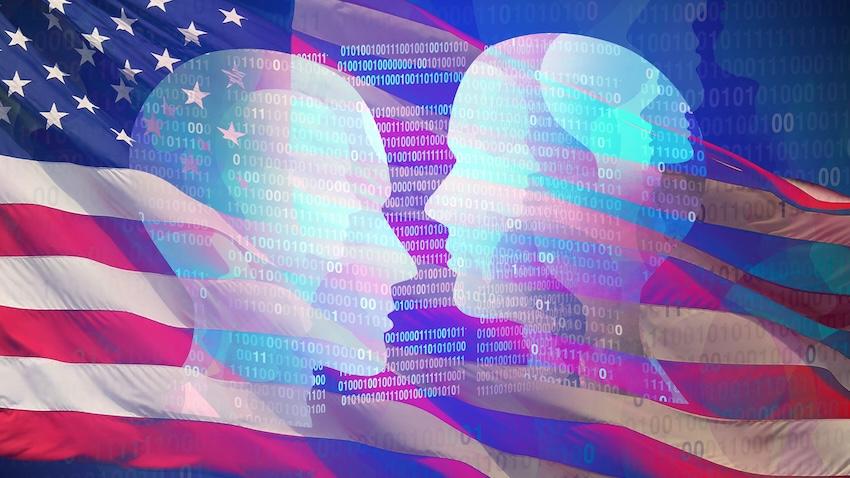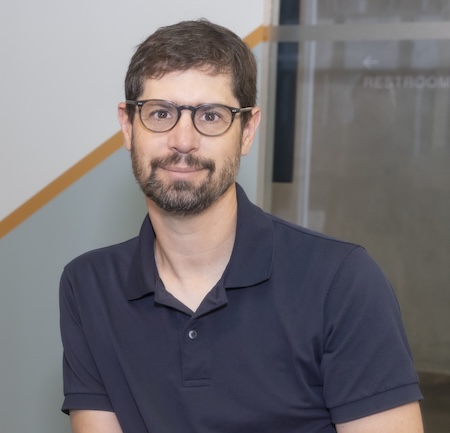
Deepfakes Surge During Election Cycles
As the 2024 election cycle heats up, deepfakes have surged, raising significant concerns about their impact on political campaigns and voter trust. These AI-generated videos, which can convincingly alter the appearance, voice, or actions of political figures, have become a powerful tool for misinformation.
Mark Riedl, a professor in the Georgia Tech School of Interactive Computing and associate director of the Georgia Tech Machine Learning Center, shared his concerns about the implications of deepfakes in politics.

“Misinformation and the role of deepfakes are on everyone’s mind as we go into election cycles,” Riedl said. “What we are seeing is that malicious actors are starting to use generative AI increasingly in the creation of misinformation campaigns.”
In this escalating conflict, battling the deepfakes, or aggressors, has become even more challenging.
“If we think of the arms race between the people who are using generative AI to create misinformation campaigns and the people using technology to detect them, the aggressors are well ahead,” he said.
This imbalance is troubling, as current detection techniques often fail to identify deepfakes or mistakenly flag genuine content, leading to what Riedl describes as “plausible deniability.” This plausible deniability allows individuals to dismiss real events as fabrications, further eroding public trust.
Due to the increasing sophistication of deepfakes during election cycles, robust detection systems and regulatory measures are urgently needed to safeguard democratic processes.
“There isn’t a lot that regulation is really going to do to change the trajectory that we’re on. More enforcement, faster enforcement, faster shutting down of the bots and things like that will still be important,” Riedl said.
As deepfakes become more prevalent, the challenge for technologists and policymakers is to stay ahead of malicious actors and ensure that the public can trust the media they consume. Vigilance and innovation are critical to preserving the trust and integrity of future elections.


